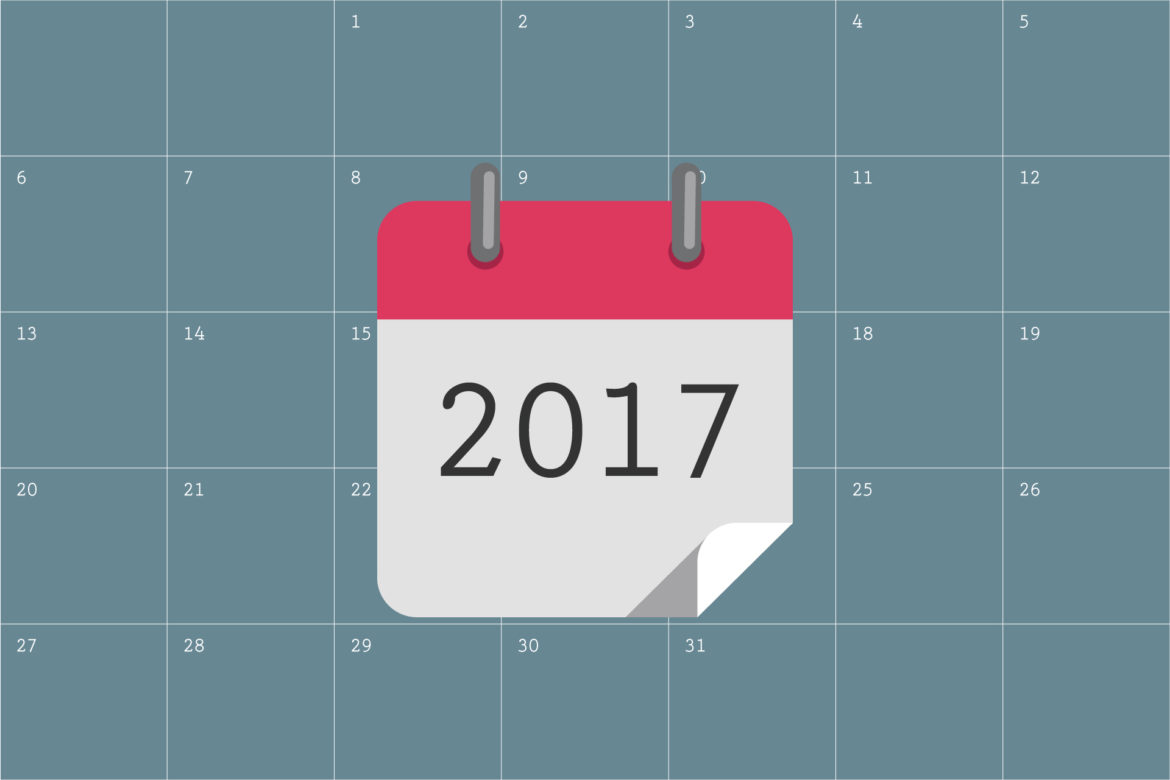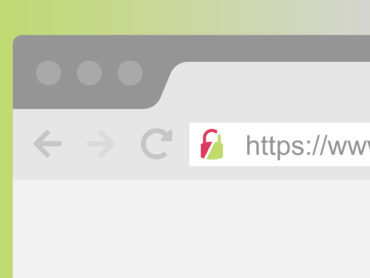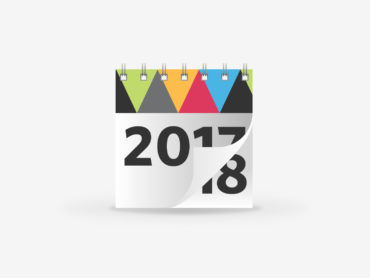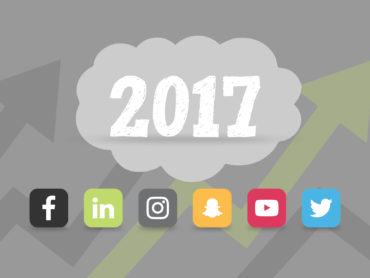5 Tips to Successfully Start a Blogging Plan
Remember when every company wanted to build its own website because, well everyone else was doing it? This led to many company websites that were low quality because they were built just for the sake of having a website. Then remember when every company started their own blog program because, well everybody else was doing it, too?
That attitude doesn’t work well for true, effective marketing. Blogging just because “the cool kids are doing it” won’t really make it work. So instead of putting in the time without yielding any real results, here’s a few tips on how to make it worth the time:
- Be strategic – You have to know why you’re writing. Are you sharing recipes? Are you looking to drive traffic to a website? Are you hoping to be perceived as an expert in a certain industry? These main level goals will help you define who you should be talking to, what you should be writing about, and how often you should publish content.
- Have a plan – The topics of your blog posts are important. Coming up with a willy-nilly idea won’t do your goals any good. Topics that you write about should also be tied to a little bit of research. For example, if you know that you want to be found on Google by a certain demographic, like potential clients, you can do a bit of digging to determine what you think they’ll be searching for. Based on that, you can build a content calendar that outlining topics for blogging.
- Write with meaning – Remember the reason you’re blogging. That goal is impacted positively or negatively based on how you write towards your topic. Google knows if you fill a screen with keyword baited content. Their “robots” far prefer well written, meaningful text that people can understand and in which they find value.
- Stay on schedule –It’s difficult, but try to keep to a schedule, because the cadence that you set is important if you’re connecting with your audience. Hopefully, they’ll be looking and waiting for the next piece of content to come out and you won’t want to disappoint them, or have them lose interest. Also, from an organic SEO standpoint, regular site updates are important to Google.
- Remain flexible – Sticking with the content plan is important, but it’s also important to adapt as needed. For time to time, schedules need to shift, new audiences arise and require new research, etc. That’s all ok, flexibility prevents us from breaking, so just roll with it.
Seems pretty simple, right? In theory, it is. That said, making sure that you stay on target with your goals and stick to the plan, will yield results very much in your favor. As with all prescriptions, results may vary. It might be good to check with a professional to ensure that you’re going in the right direction and have a solid plan. R&J would be happy to help, so please don’t hesitate to reach out to us to ensure your success.





















































































